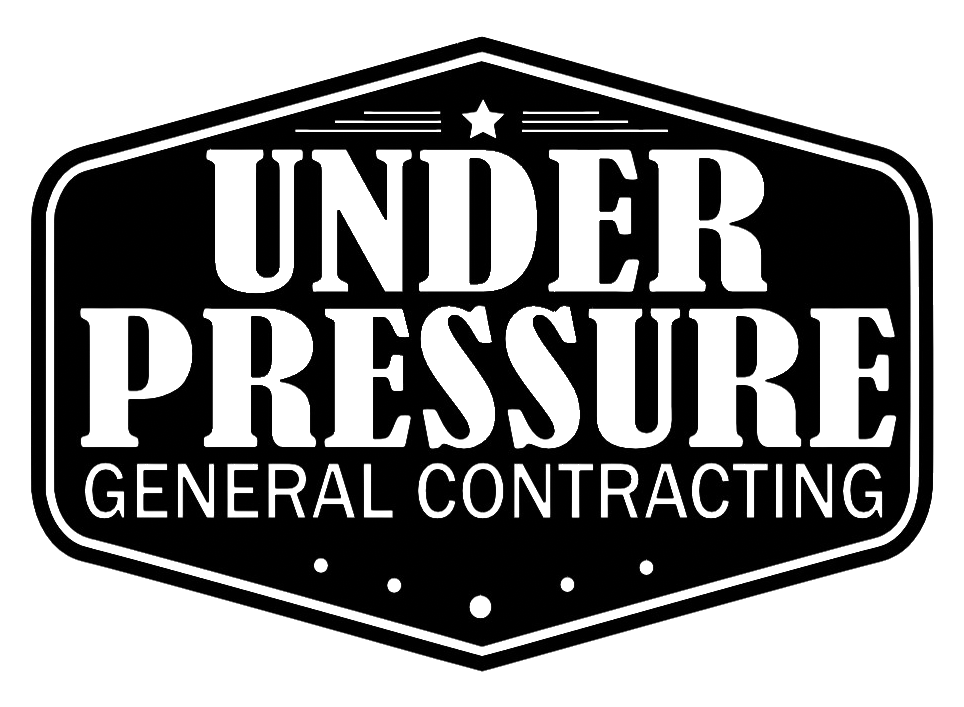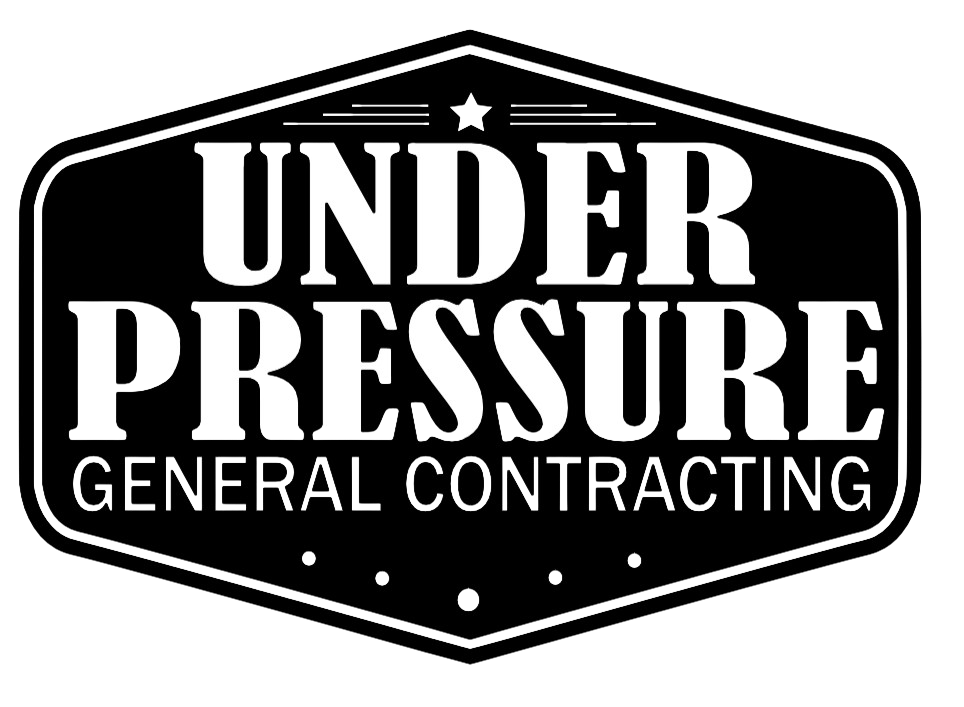When do I need a permit for my remodeling project in Overland Park
The Permit Predicament: When Your Remodel Requires a Permit
Embarking on a home renovation project is an exciting journey toward creating the living space you've always envisioned. Whether you're dreaming of a modern kitchen, a spacious new bedroom, or a cozy finished basement, there's a critical first step that can save you from a world of headaches: figuring out if your project requires a permit. While the idea of dealing with bureaucracy might seem daunting, obtaining a permit is a vital part of protecting your home, your investment, and, most importantly, your family's safety. At Under Pressure General Contracting, we believe a transparent and well-planned approach to every project is the key to success.
What Exactly is a Building Permit?
A building permit is a formal authorization from your local government that allows you to begin a construction or remodeling project. It's more than just a piece of paper; it's a mechanism for your city or county to ensure that your project adheres to the local building codes. These codes are a set of rules governing the design, construction, and maintenance of structures, meticulously crafted to prevent structural failures, fire hazards, and other dangerous situations. They are a safeguard for your property and everyone who lives in it.
The Big Question: What Projects Require a Permit?
As a general rule, a permit is necessary for any remodeling project that involves structural changes, significant alterations to your home's electrical or plumbing systems, or impacts the building's footprint. In contrast, purely cosmetic updates like painting, replacing flooring, or installing new countertops typically do not require a permit.
Here is a breakdown of common projects that almost always require a permit:
- Electrical work: This includes installing new wiring, adding new outlets, or extending circuits. Even a seemingly minor task like moving an existing outlet may require a permit. The only electrical work that might not need one is a simple, one-for-one fixture replacement, like swapping out a light fixture.
- Plumbing work: If your project involves adding new water or drain lines, relocating plumbing fixtures, or moving gas lines, you'll need a permit. Faulty plumbing can lead to severe water damage, hazardous mold growth, or dangerous gas leaks—which is precisely why inspections are so critical.
- Structural changes: This is a major category. Removing or adding load-bearing walls, cutting a new window or door opening, or building a room addition are all examples of structural changes that require a permit. These projects directly affect the stability of your home and must be inspected to ensure structural integrity.
- Exterior and site work: Projects like building a new deck, porch, or a fence over a certain height (often around 6 feet), as well as installing a pool or hot tub, typically require a permit. These changes can affect property lines, drainage, and overall site safety.
- HVAC: Installing or replacing a furnace, air conditioner, or water heater often requires a permit to ensure that the new system is installed safely and has proper ventilation.
- Major basement finishes: Finishing a basement involves more than just putting up drywall. If you are adding walls, plumbing, or electrical work, a permit will be required.
- Roofing: Replacing a roof, especially if it involves structural elements or changing the roofline, requires a permit to ensure the new roof can handle the appropriate loads and is properly attached.
The High Cost of Skipping the Permit
While it's tempting to save time and money by bypassing the permit process, the consequences can be far more expensive and dangerous.
- Safety Risks: Unpermitted work is often done without the benefit of a professional inspection, which can lead to serious hazards. Faulty wiring could cause a fire, or a compromised wall could threaten your home's structural stability.
- Financial Penalties and Forced Repairs: If a city inspector or even a neighbor discovers unpermitted work, you could face hefty fines. In a worst-case scenario, you might be ordered to tear out the work and redo it correctly, doubling your time, expense, and frustration.
- Impact on Home Value and Sale: When you're ready to sell your home, potential buyers and their lenders will often check for permits. Unpermitted work is a major red flag, potentially devaluing your property and making it difficult to close a sale. Furthermore, your homeowner's insurance may not cover a loss, such as a fire, if it's determined to have been caused by unpermitted work.
The Bottom Line: How to Confirm Your Needs
Since specific regulations vary by location, the most reliable way to determine if your project needs a permit is to contact your local building or planning department.
At Under Pressure General Contracting, we handle the permitting process for all our projects, ensuring everything is done safely, legally, and to the highest standards. We believe a little research and a few phone calls upfront can save you from a lot of headaches, fines, and potential dangers down the road. By taking the time to understand the rules, you can ensure your project is completed safely, and with the full value of your home protected.











